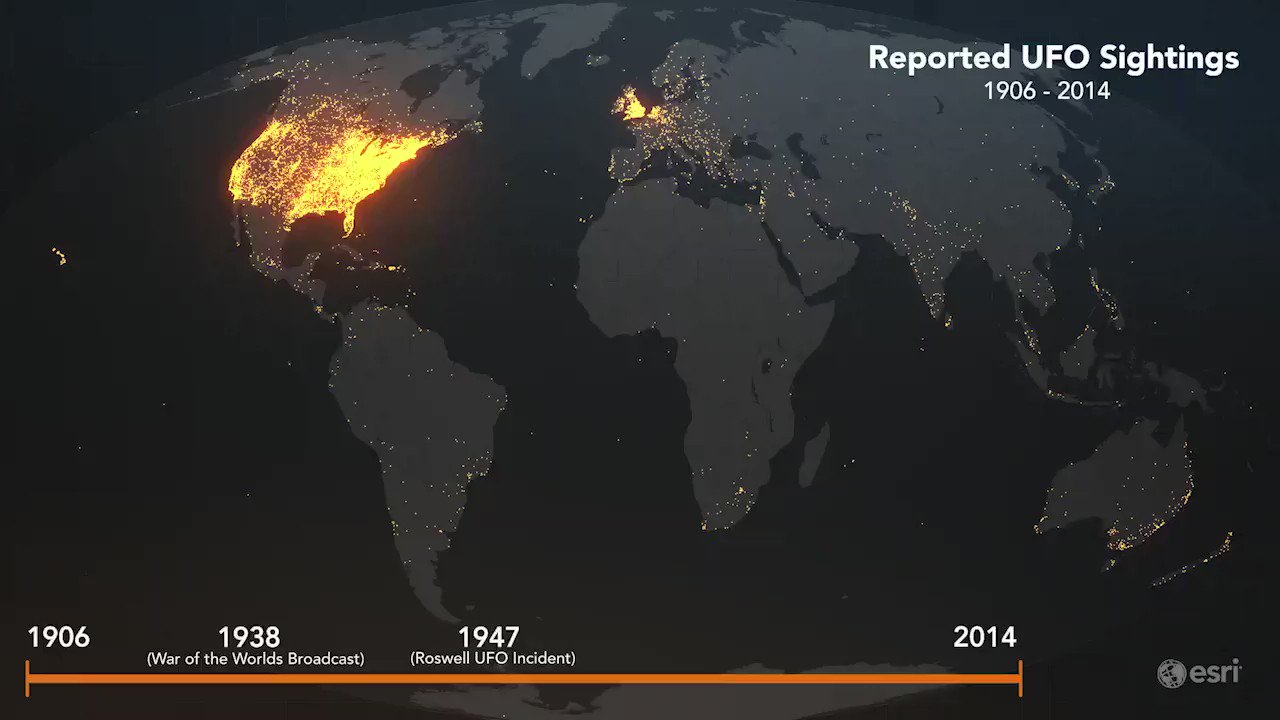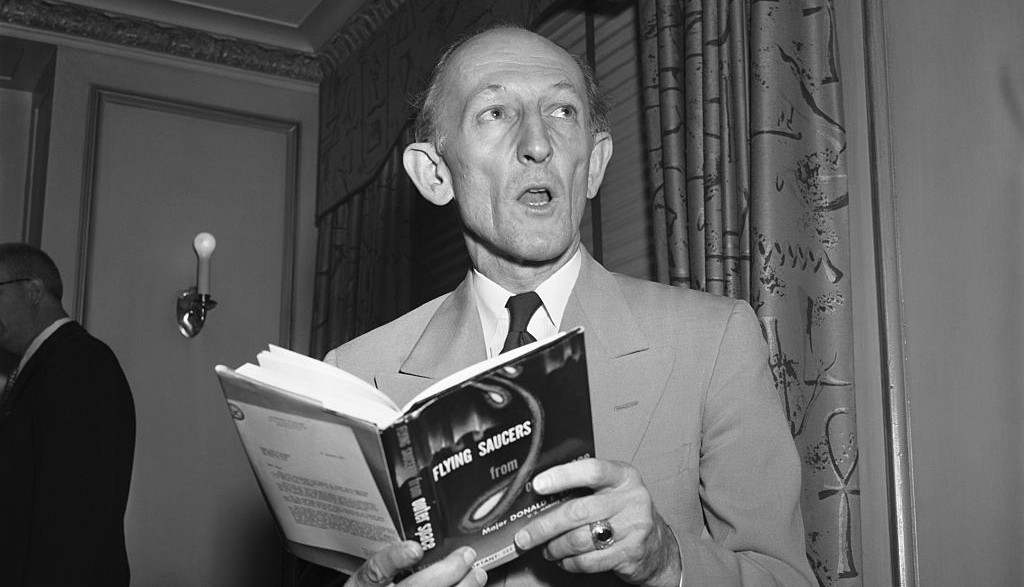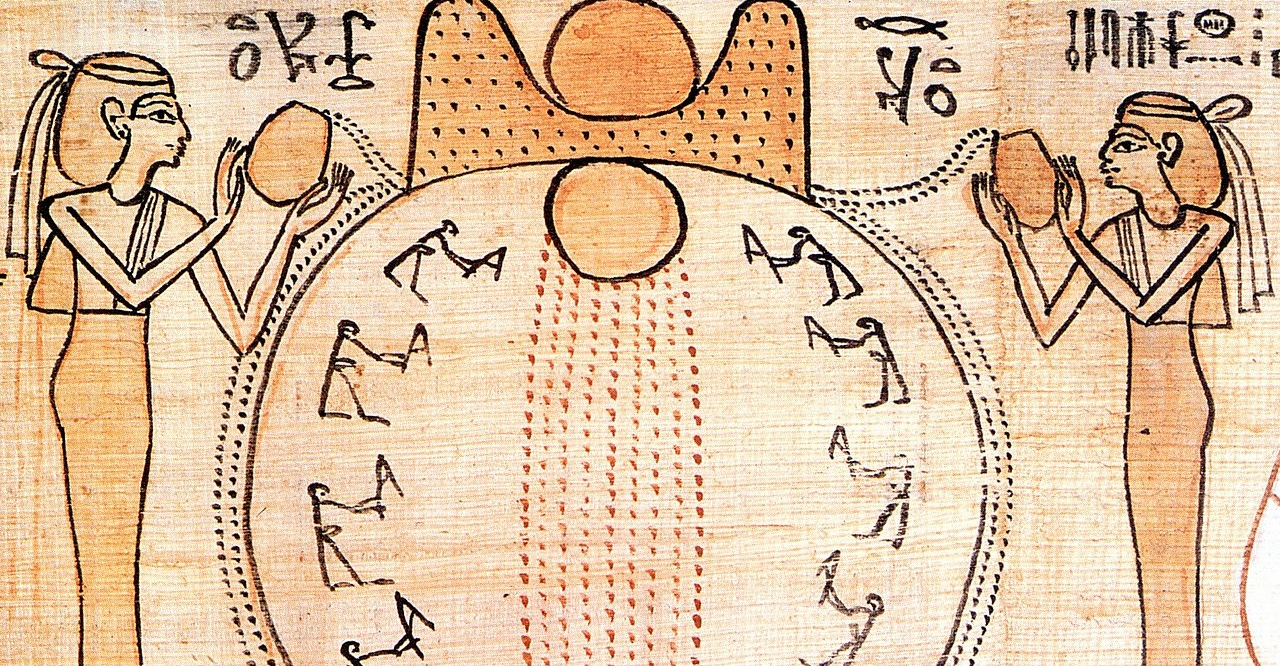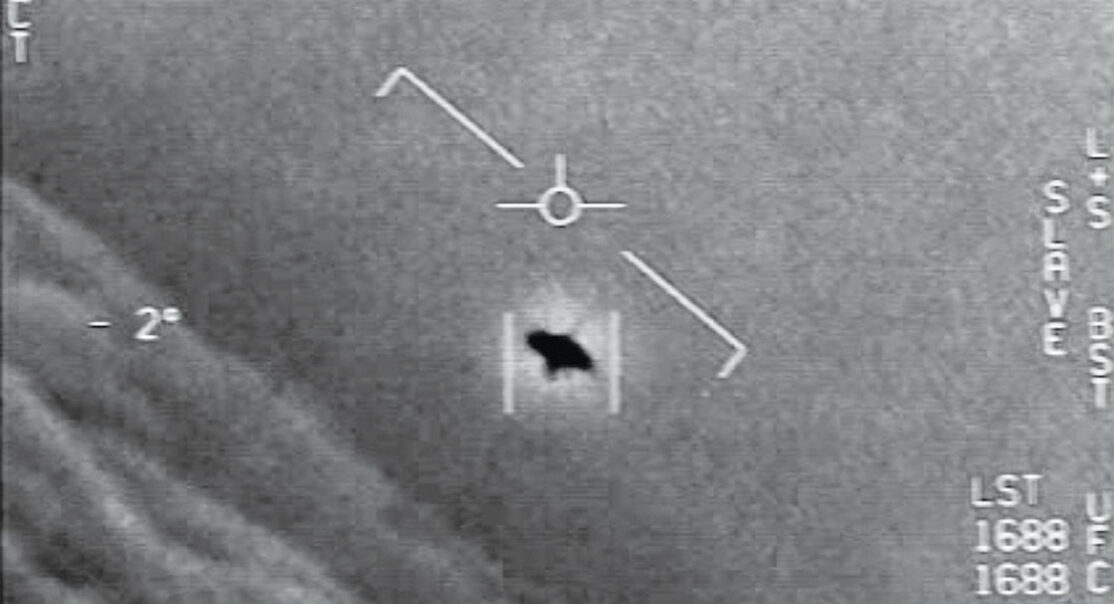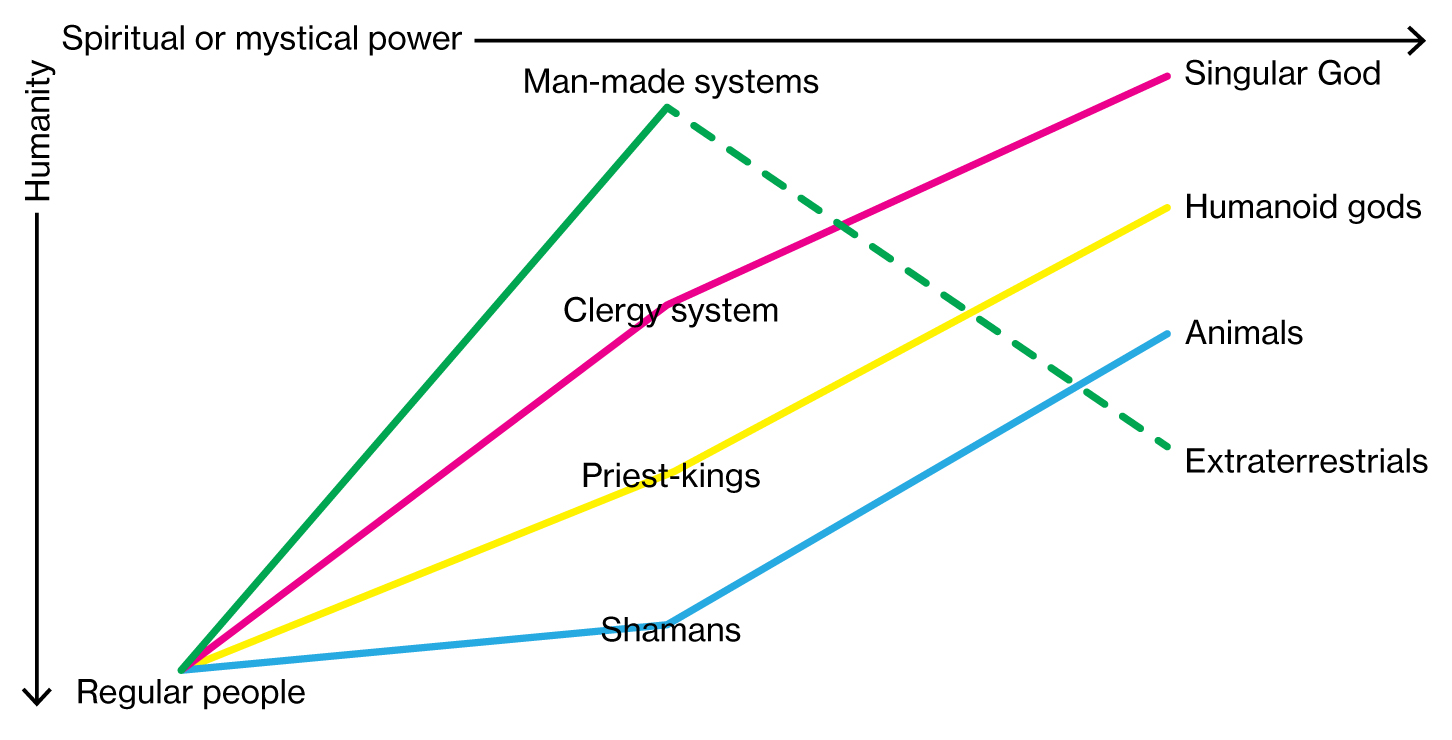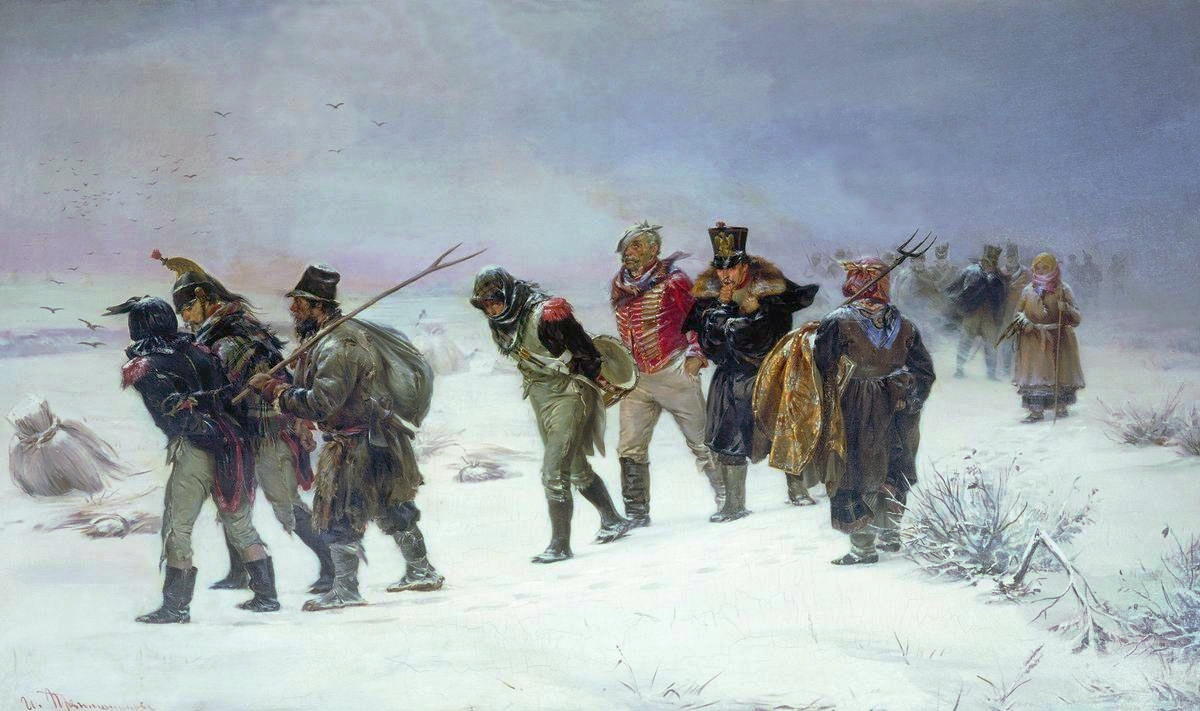01.22.24
Nostalgia Poisoning
There is probably some wisp of truth, at certain times in history, to the idea that the first part of someone's life was better than the later chapters. Maybe your coming-of-age years coincide with the outbreak of a world war, or a society-redefining diaster of another type. The world changes for various reasons, and people caught in the churn will inevitably prefer the familiar and comforting to the new and hostile. This is a fine and normal thing to do. I'm not here to fault the guys digging trenches at Verdun for wishing they could be back on the family farm. People put in these situations know intrinsically that they will never be the same; that this trauma has altered something within them that only rolling back time could restore.

The Homecoming, N.C. Wyeth, 1945. Fine Art America
But this is not what Americans my age talk about when they wax nostalgic. While it is true that in the "Western world," things have been on a gradual slide downward for the poorest 90% of people, the same neoliberal façade of history being settled has stood for basically the whole lives of people born around the turn of the millennium. And it's held true, at least here in the imperial core, where not even a massively deadly pandemic was really enough to clog up the gears of going to work and paying your bills for more than a few months. The inertia of American society and culture Being Like This (by which I mean an endless circus demanding the clamoring masses look the other way while capitalism poisons and kills us) is overwhelming; perhaps it will not truly falter until the final hour when the one percent retreat into their bunkers and the cities crumble into the sea.
This is why it comes off as absurd when 30-year-old guys from the suburbs post about the Nintendo 64 like it was the Garden of Babylon.
I think it's sort of silly to be a young person in 2024 griping that you were "born in the wrong generation" because you like Jimi Hendrix or whatever. You live in a time where every song he ever performed is available instantly, for free, and where you can buy weed-infused Nerds Rope at the corner store one thousand times stronger and more pleasant than anything sold or smoked in his entire lifetime. What are you complaining about?
I think it's exponentially more silly to be a young-ish person in 2024 griping that you miss, like, 2003. What, you liked the GameCube? Your parents probably still have it, or you can install Dolphin and play every game ever published for it in crisp 1080p.

Kirby Air Ride looks great in HD, by the way. My screenshot / Dolphin Emulator
There's nothing about a 90s or 2000's childhood—at least materially—that isn't still around or even easier to get. If you're really fiending for some Gushers, I have great news: They still make them, and there's nobody legally appointed to stop you from eating a whole box for dinner. (I have done this, at a low point in my life, while also watching the 2000 Gary Sinise movie Mission to Mars. It holds up in a campy way.)
But if just having the same readily-haveable stuff was the key to recapturing that vague childhood bliss, the world would be full of adults blowing their paychecks on Home Alone 2-esque mounds of ice cream and candy. This probably does happen sometimes, but by and large we are not a society of little Caligulas storming the poor guy at Target who guards the Pokémon cards.
A few months ago there was a tweet going viral that I can't be bothered to dig up now. It was basically some 30-something software engineer mourning the fallen world he used to know and advocating vaguely for "reclaiming" it in dangerously similar terms to much more deranged Twitter users who post about like, marble statues and seeking a child bride to read the Bible to. Attached to this post were some very funny images I would classify as "Nickelodeon Gak Norman Rockwell:" two kids in matching pajamas play their new Nintendo 64 in a Christmas-tree-lit living room drenched in deep jewel tones; a mom in light-wash jeans serves her smiling nuclear family a heaping platter of Peggy Hill-ass mid-looking spaghetti.
the good things i like about 90s is there were no hipsters, no rap, and your odds of getting an infection at a hospital were slightly higher
— wint (@dril) April 30, 2013
Substitute tweet I did remember the keywords for.
Nostalgia for past decades continues to utterly dominate our culture, to an extent that is arguably suffocating new ideas. No field of art is being meaningfully advanced by a $200 million Ghostbusters movie with the general half-assed vibe of Playstation DLC. It serves basically nobody that you can buy a plush ALF (4 seasons, ended in 1990) at Barnes & Noble or top up your coffee with Friends (10 seasons, ended in 2004) creamer.
For reasons known only to Warner Bros. Entertainment, Inc. and God, this is just one of three Friends-branded foods I could have cited. Brand Eating
There are various reasons for this, mostly fiscal. As streaming, YouTube, and video games continue to erode the once-monolithic audience for major movies and TV shows, the accountants and strategists in control of what gets made and marketed have come to fear risking a dollar they might not make back on something new when something old—something people already know about because it was a winning bet 30 years ago—is right there, and they still have all the trademarks filed.
This is just the expected behavior of corporations, those Strossian alien beasts to whom we've accidentally entrusted the keys to the entire world, acting in the ways they always will. It's obnoxious, but it's hardly interesting.
What's more interesting is the way we've mistaken this corporate cowardice for our own problems, seamlessly adapted the whims of Universal Studios to answer our own personal dissatisfaction. This is a misinterpretation of what's actually different between then and now.
The thing you miss about being a kid isn't the specific flavor of GoGurt or the specific aesthetic of Neopets or even the general culture of [insert decade]. It's the fact that when you were a child your material needs were taken care of in the interest of giving you time to goof off and socialize. The thing you hate about being an adult today isn't the absence of said yogurt tube and/or role-playing website. It's that your life is dominated by squeezing a right to live from a system opposed to you living, in much the same way as you might once have squeezed the last of the yogurt from the fabled tube.

Group of "breaker boys" employed processing coal, Pittston, Pennsylvania, 1911. Lewis Hine / Library of Congress
Childhood wasn't an institution until pretty recently, in the big picture. Kids were going to work—doing the same shitty and dangerous work as adults and sometimes even worse jobs too delicate for larger bodies—until the midcentury, when an expanding middle class standardized going to school five days a week. Even now we lack a complete grasp of the relationship between the conditions of someone's childhood and their adult psychological profile, besides the accepted theory that it's causal and permanent. With no primary evidence, I'm going to guess that the generations of kids who crawled through coal tunnels or lost fingers to mechanical looms in the 1870s didn't then spend the 1890s sighing about how much better things used to be while snacking on a box of 19th-century Gushers, which I imagine to be a sort of cured beef nugget filled with cocaine.
Which is not to say—please do not quote me as saying!—that the era of legal and widespread child labor produced better-adjusted adults. Even if children continue to face hardship and trauma, it's a social triumph that we generally prioritize education and leisure over rising and grinding between the ages of zero and eighteen. The tragedy is that we don't continue to prioritize these things for our whole lives.
When people wistfully recall their early years, the fixation on specific products or media properties is a misdirect, a corporate-planted fill-in that can never heal the void. What we truly miss—what the borderline-vestigial class-consciousness center of the American brain is too shriveled and starved to express—is living in a world that is designed to suit our needs, rather than the adult world of unkillable machines built to commidify, impoverish, and as soon as we outlive our usefulness kill us. As one of the only passages of Marx I can remember any of goes:
The lowest and the only necessary wage rate is that providing for the subsistence of the worker for the duration of his work and as much more as is necessary for him to support a family and for the race of laborers not to die out. The ordinary wage, according to Smith, is the lowest compatible with common humanity, that is, with cattle-like existence.
— Economic and Philosophic Manuscripts of 1844
The false sense that our nostalgia stems from certain video games or snacks or TV shows is both intentionally planted as a diversion and intentionally juiced for profit. It's manufactured demand on a scale both reelingly massive and sickeningly personal. Feel the void created by the contrast between one life where your wants and needs matter and a second life broadly describable as "cattle-like?" Well, check this out: Ecto Cooler is back and we smoothed out Bill Murray's face a little on the can so you don't have to squint as hard to pretend he's not 500 years old.

The Simpsons S7E4 / Reddit
In a sense, the delineation of childhood as a period when people deserve protection and care represents a small and hard-won victory against capitalism by humans; a sort of fireline before which our bodies and minds shouldn't be exploited, but after which we are hurled into the cogs as the markets demand. And that is where, within this partial measure of kindness, lies a deep cruelty. Modern childhood is a glimpse of the world as it could be, one where the physical welfare of human beings is the primary goal. For all your parents' flaws, they were trying their best to feed and house you. For all the education system's flaws, it was giving you a social venue and some starter knowledge. Once these two entities release you, every authority you encounter for the rest of your life is trying to scam, indenture, or outright rob you in service of inhuman, incomprehensible concepts like "quarterly earnings" or "a rising rent market" or "giving a foreign ally billions of dollars to do genocide with." Arguments about maturity aside, who wouldn't forgive us—thrust blind and clueless into the wasteland of late capitalism—for reminiscing about the comforts of the bunker?
A world where the protected status of childhood lasts our whole lives is a world much like the utopian visions of the radical anarchists; a world founded on the basic right of all people to not just survive but to enjoy living. Imagine a post-capitalist society where labor has been dethroned as the point of existence by things like self-discovery and creativity. If you belong to a certain privileged bracket, you may fondly recall the early weeks of the 2020 quarantine when people were spending their newly-afforded free time experimenting with hobbies and reading books and going outside. I like to picture a future society that feels a lot like that but without the prerequisite condition of thousands of people dying preventably. It's a vision that long predates covid, obviously. As the womens' rights movement of a hundred years ago sang:
As we come marching, marching, we bring the greater days.
The rising of the women means the rising of the race.
No more the drudge and idler — ten that toil where one reposes,
But a sharing of life’s glories: Bread and roses! Bread and roses!
— James Oppenheim, Bread and Roses, 1911
The raw materials exist for a society where we are free to continue learning and growing and for our whole natural lives, not just the chapter when our bodies are still growing. A world like the one you remember—not just in its neon-splattered trappings, but in its fundamental spirit—can be built. The only people stopping us from building it are the ones selling you fucking Friends creamer.
